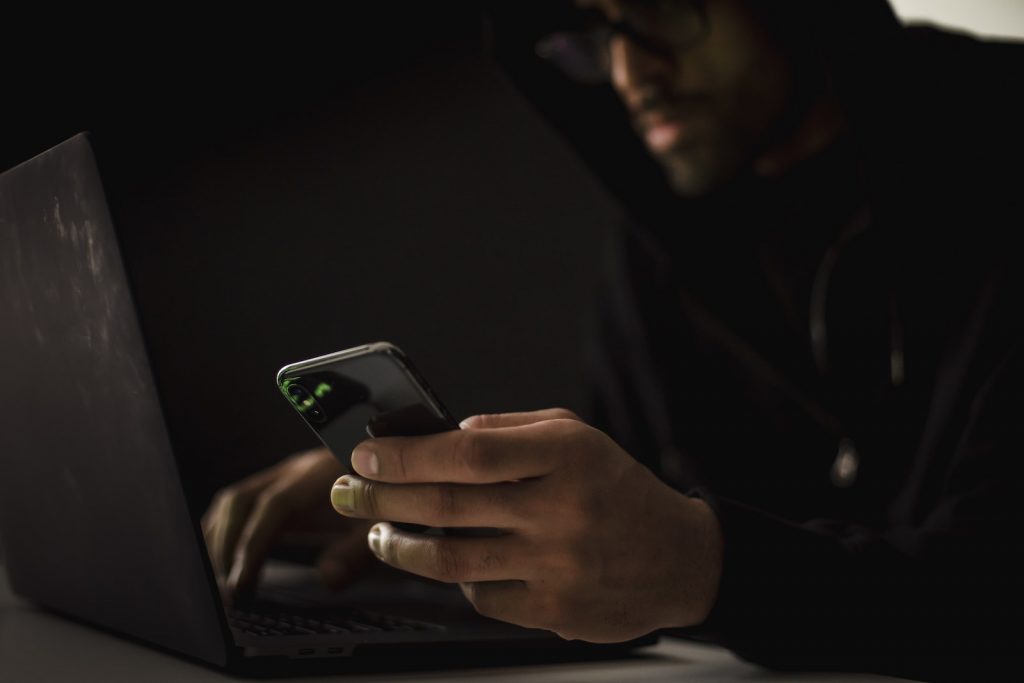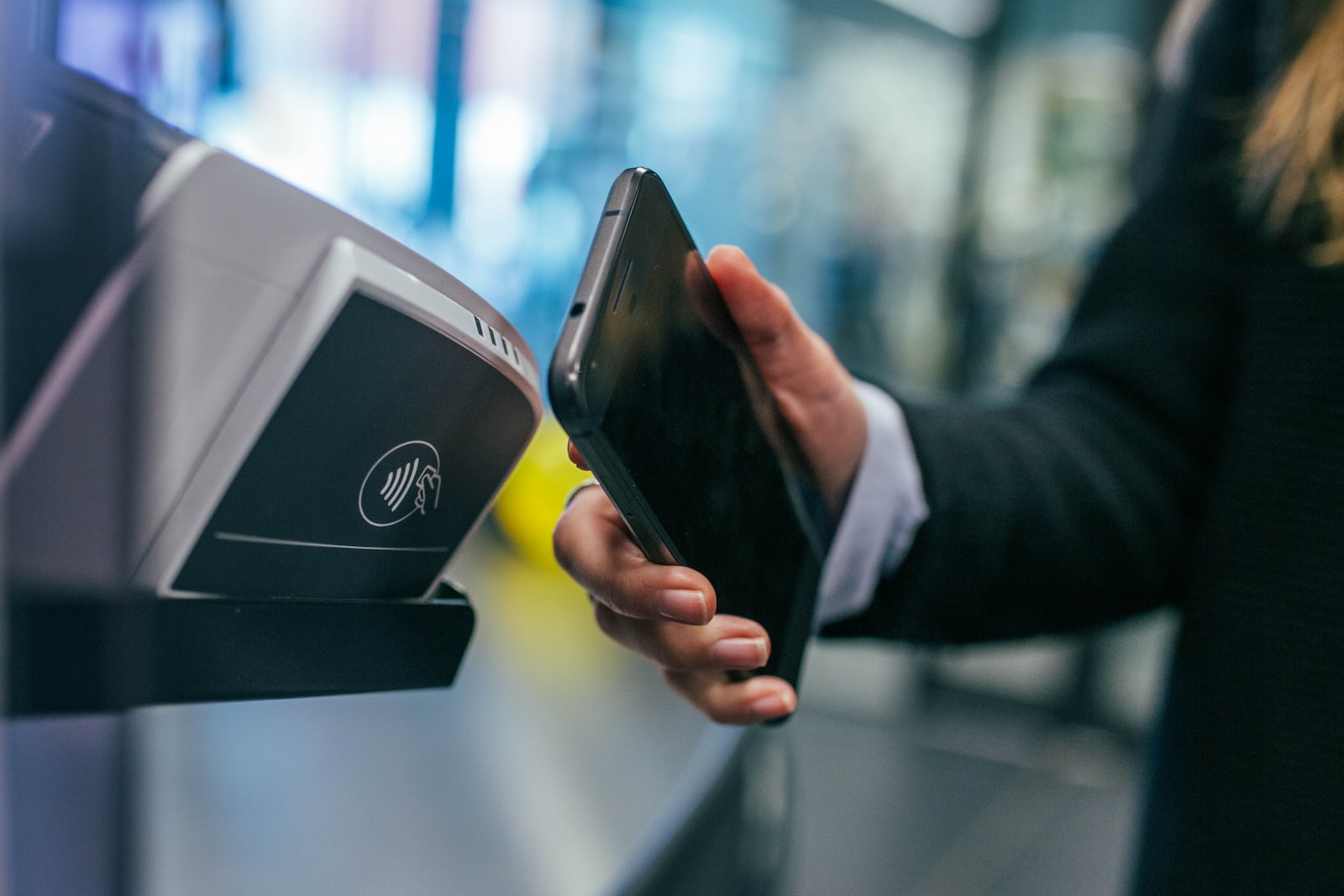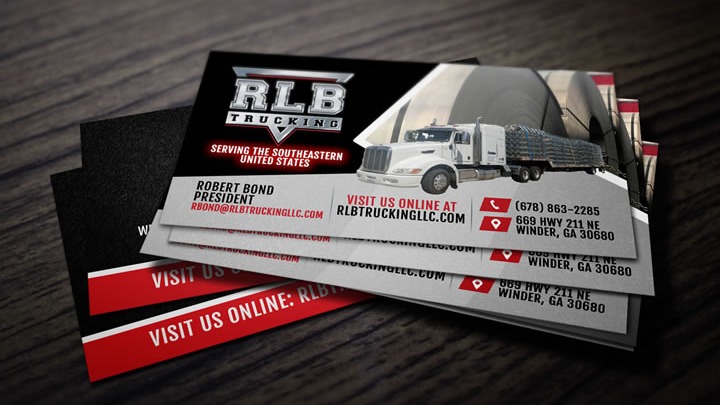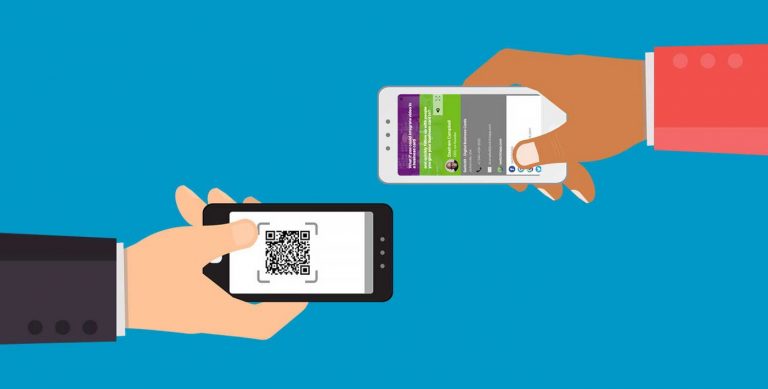As technology continues to evolve, so does how we conduct business. NFC, or near-field communication, is a relatively new way to exchange information and has begun to be used in business cards.
While the convenience of an NFC business card is appealing, one must consider the safety of using such a physical card.
This article will explore the potential risks associated with NFC business cards and whether or not they are safe to use.
Are NFC Contactless Business Cards Safe?

As the use of digital and physical business cards continues to grow, so does the question of which is better and more secure.
With the rise in popularity of NFC contactless business cards, many are wondering if these electronic cards are safe to use.
There are a few key things to consider regarding the safety of NFC contactless business cards. First, it’s essential to know that NFC cards use radio frequency technology, which is encrypted and highly secure. In addition, NFC cards are often equipped with security features such as a PIN or password protection.
That being said, there are always risks associated with any technology. For example, if an NFC card is lost or stolen, someone can gain access to your personal or financial information.
What is NFC Technology and NFC Business Cards?
Near Field Communication or NFC technology allows two mobile phones or electronic devices to exchange data over short distances.
This includes sharing contacts, promotions, advertising messages, and even making payments.
NFC-enabled business cards can be useful tools for businesses looking to increase brand awareness and promote products and services. Or even make payments at an affordable price tag.
Businesses can use NFC-enabled cards to help customers find information about their brands, products, services, and payment options.
For example, a customer could scan a card into his phone to learn more about a particular product or service offered by a retailer. Or, he could pay for a purchase without entering credit card information.
Where Is NFC Used?
In this digital age, we are seeing a shift from traditional business cards to digital cards. But what is NFC, and where is it used?
NFC, or near-field communication, is a technology that allows two devices to communicate with each other when they are close together.
This technology is often used in contactless payment systems, like Apple Pay or Android Pay. They can also be used to exchange contact details or share files between two devices.
This technology allows you to make payments just by tapping your device against another NFC-enabled device. You don’t even need to type in a PIN number.
NFC works best with mobile payment apps like PayPal, Venmo, Square Cash, etc.
Apple Pay uses NFC technology. So does Samsung Pay. Google Wallet used it too. But now, many other companies are offering their own versions of NFC.
Here is a list of places you may find NFC technology being used:
- In public transport
- In access control and security
- In mobile payment
- In marketing and advertising
- In inventory management
- In contactless payments
You may have seen NFC stickers on products in stores. These stickers contain information about the product that an NFC-enabled device can read.
Some businesses are using NFC-enabled smart business cards so that their customers can easily save their contact information to their digital devices.
NFC is also often used for digital business cards. With an NFC-enabled device, you can simply tap your phone against another person’s phone to exchange contact information.
This is a much faster and more convenient way to exchange business cards than the traditional method of exchanging physical business cards. Electronic business cards are a great way to reduce paper waste and save time when exchanging contact information.
What Are the NFC Security Features?
The NFC Forum has been working hard to ensure that consumers are protected while shopping and paying with contactless payments.
In fact, the organization has spent over seven figures developing security standards to protect consumer data. These include proximity, user initiation, secure element validation, and more.
Proximity
NFC technology uses radio waves to transfer small amounts of data as smart cards. This allows merchants to use NFC tags to communicate with devices without having to install additional hardware.
If you’re near a merchant’s NFC terminal, you’ll see a prompt asking whether you’d like to shop there. If you tap yes, you’ve initiated a payment.
User Initiation
If you want to initiate a payment, you must tap the device twice. Once to activate the tag and once to complete the transaction. This helps prevent someone else from tapping your phone and initiating a transaction.
Secure Element Validation
When you swipe your card, your bank sends a unique code to the chip embedded into your credit card, and the terminal confirms that the number matches what’s stored on your card. This prevents fraudsters from copying your card and making fraudulent transactions.
What Makes It Secure
The NFC security features are important to consider when looking at virtual business cards. Virtual cards can be used to make payments and store information.
Still, their security features are what set them apart from other options. NFC-enabled devices have a chip that stores data and communicates with other devices wirelessly. This chip is what makes NFC secure.
What Are the Risks to NFC Security?
The technology behind near-field communication (NFC), such as Apple Pay, is still relatively young, but it could soon become a significant part of our daily lives.
As mobile payment becomes increasingly popular, the technology has many potential risks. One of the biggest concerns is how secure NFC payments really are.
There are several ways hackers might try to exploit NFC. For example, someone could hack into the wireless network and access information transmitted between the reader and the card.
Or they could intercept data sent between the reader and card by hacking into the terminal. They could even trick consumers into handing over sensitive personal information like credit cards and bank account numbers.
Encryption and tokenization can prevent some forms of fraud, but they won’t stop every attack.
To protect themselves, consumers should use strong passwords and other security measures on their devices. And they must always keep track of what apps are accessing their device and what information those apps are collecting.
What Kind of NFC Card Do I Need?
Many different types of NFC cards are available on the market, and it can be challenging to know which is right for your business. Here are a few things to consider when choosing an NFC card for your business:
Do you want a digital or physical business card? Digital business cards are stored electronically on your phone or computer. In contrast, physical business cards are traditional paper cards you carry.
Do you want an electronic business card that can be shared digitally or one that is only used for in-person interactions? There are NFC cards available that can do both, so it all depends on your needs.
What kind of information do you want to include on your card? Basic contact information, such as your name and phone number, can be stored on most NFC cards.
How Can I Make Sure My NFC Card Works?
You can do several things to ensure that your NFC card works.
First, make sure that the card is encoded correctly. This can be done by ensuring that the correct software is installed on your computer and that the card reader is connected correctly.
If you are unsure how to do this, you can contact the manufacturer of your NFC card.
Second, make sure that the NFC tag on your card is working. You can test this by using an NFC-enabled device like a smartphone to see if it can read the tag. If it cannot, then you may need to replace the tag.
Finally, ensure you are using the correct type of NFC card. There are two types of NFC cards: active and passive.
Is There Any Way To Hack An NFC Card?

Businesses can easily send and receive data by tapping NFC-enabled devices together.
However, hackers may attempt to exploit this technology to steal sensitive information such as credit card numbers, passwords, and personal identification numbers (PINs).
A hacker could potentially intercept the data transmitted via NFC and gain access to confidential information stored on the device. Although NFC is still relatively new, there are many ways to protect against hacking attempts.
The NFC Forum is an independent non-profit company that develops and promotes the use of Near Field Communication (NFC) in consumer electronics, mobile devices, point of sale solutions, building automation, and other fields.
The NFC Forum was formed to develop a standard set of specifications for NFC technology, allowing consumers to securely make contactless payments with and transfer data.
Do NFC Cards Cause Harm?
There is a new trend in business cards- digital business cards, or NFC cards. These cards have a chip that NFC-enabled devices can read, and they can hold more information than traditional physical business cards.
But are they safe? Do they pose a threat to our health?
There is no denying that NFC cards are convenient. They allow us to store our information digitally and share it with others quickly and easily.
However, some users may be concerned that the electromagnetic fields produced by these cards could be harmful to our health.
So far, no evidence suggests that NFC cards are dangerous. The electromagnetic fields produced by these cards are very weak.
In fact, several magnitudes weaker than you would experience in a typical day-to-day activity in a city. However, we recommend using them in moderation and avoiding storing them close to your body for long periods of time.
If you have any concerns about their safety, consult with your doctor or qualified health professional.
What Is the Future of NFC Technology
NFC technology is becoming increasingly popular because it provides secure transactions without using credit cards or bank accounts.
This makes it ideal for people who do not want to carry around cash or credit cards. There are many uses for NFC technology, such as mobile payment systems, sharing contact information, and even unlocking doors.
In addition to smartphones, NFC technology is now being incorporated into other devices such as tablets, watches, and car keys.
As technology continues to advance, we will see more and more applications for NFC technology.
NFC technology is revolutionizing the way we exchange information and conduct business.
With the tap of a smartphone, we can now exchange digital business cards with ease. This new technology is changing the way we network and connect with others.
What is the future of NFC technology? The answer lies in its ability to replace physical business cards. NFC-enabled smartphones are becoming increasingly popular, making it easier for people to ditch their physical business cards.
There are many advantages of using digital business cards over traditional ones. For starters, they’re more eco-friendly and cost-effective.
They also offer more flexibility and customization options. And because they’re stored on your phone, you always have them with you when you need them.
The bottom line is that NFC technology is here to stay. It’s changing how we do business and making it easier than ever to connect with others.
Use Zapped Card As Your Digital Business Card
In the business world, first impressions are critical. Your business card is often the first thing you give to a potential client or employer, so why not make it a good one?
Traditional paper business cards are so last century. Instead, use a Zapped Card as your digital business card.
A Zapped Card is much more than just a digital version of a traditional paper business card. It’s an interactive and customizable way to share your contact information and connect with others.
With a Zapped Card, you can include your photo, QR codes, social media links for your social media platforms, website URL, and more. You can also choose to have your card zap (or email) itself to anyone who scans it with their smartphone.
So ditch those old-fashioned paper business cards and make a great first impression with a Zapped Card, the ultimate contactless card!






